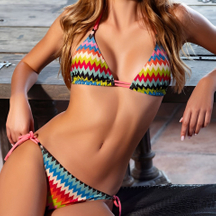Content Menu
● Introduction
● Overview of Customization Options
● Fabric Selection
● Design Customization
● Sizing and Cutting
● Branding and Labeling
● Functional Customization
● Production Process
● Case Studies
● Conclusion
● Frequently Asked Questions
>> 1. What are private label swimwear manufacturers?
>> 2. What customization options are available with private label swimwear manufacturers?
>> 3. How can I choose the right fabric for my swimwear line?
>> 4. What is the typical production process for private label swimwear?
>> 5. Can private label swimwear manufacturers help with eco-friendly options?
Introduction
In the ever-evolving world of fashion, private label swimwear has emerged as a significant segment, catering to the diverse needs of consumers and retailers alike. Private label swimwear manufacturers play a crucial role in this market, providing brands with the flexibility to create unique products that resonate with their target audience. This article explores the various customization options available with private label swimwear manufacturers, highlighting the importance of these options in meeting market demands and enhancing brand identity.
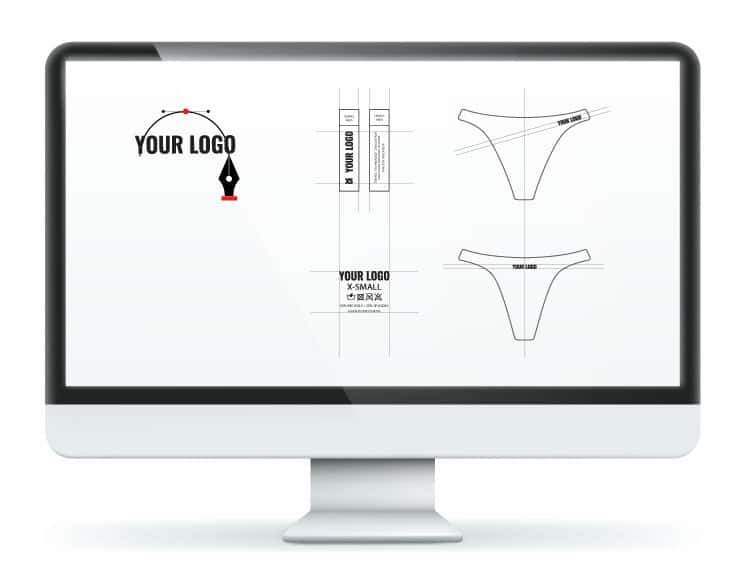
Overview of Customization Options
Customization is at the heart of private label swimwear manufacturing. It allows brands to differentiate themselves in a competitive market by offering unique products tailored to their customers' preferences. Private label swimwear manufacturers provide a range of customization options, enabling brands to create swimwear that reflects their vision and meets the specific needs of their clientele.
Fabric Selection
One of the most critical aspects of swimwear customization is fabric selection. The choice of fabric not only affects the look and feel of the swimwear but also its performance in water. Common fabrics used by private label swimwear manufacturers include:
- Spandex (Lycra): Known for its exceptional elasticity, spandex is a popular choice for swimwear. It provides a snug fit and allows for a full range of motion, making it ideal for active swimmers.
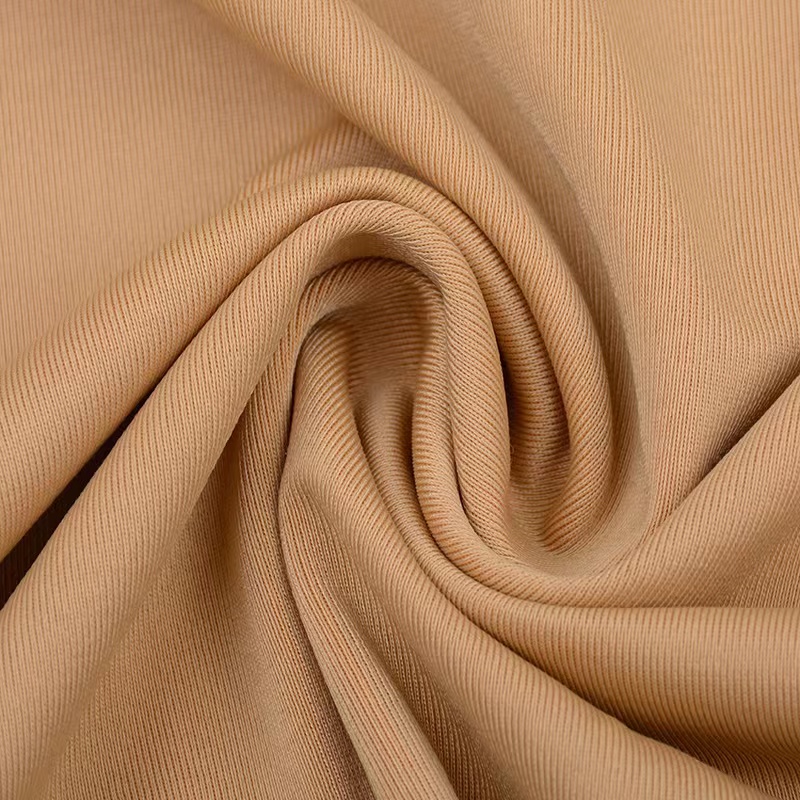
- Polyester: This fabric is known for its durability and resistance to fading, making it suitable for swimwear that will be exposed to chlorine and sunlight. Polyester swimwear retains its shape well and dries quickly.
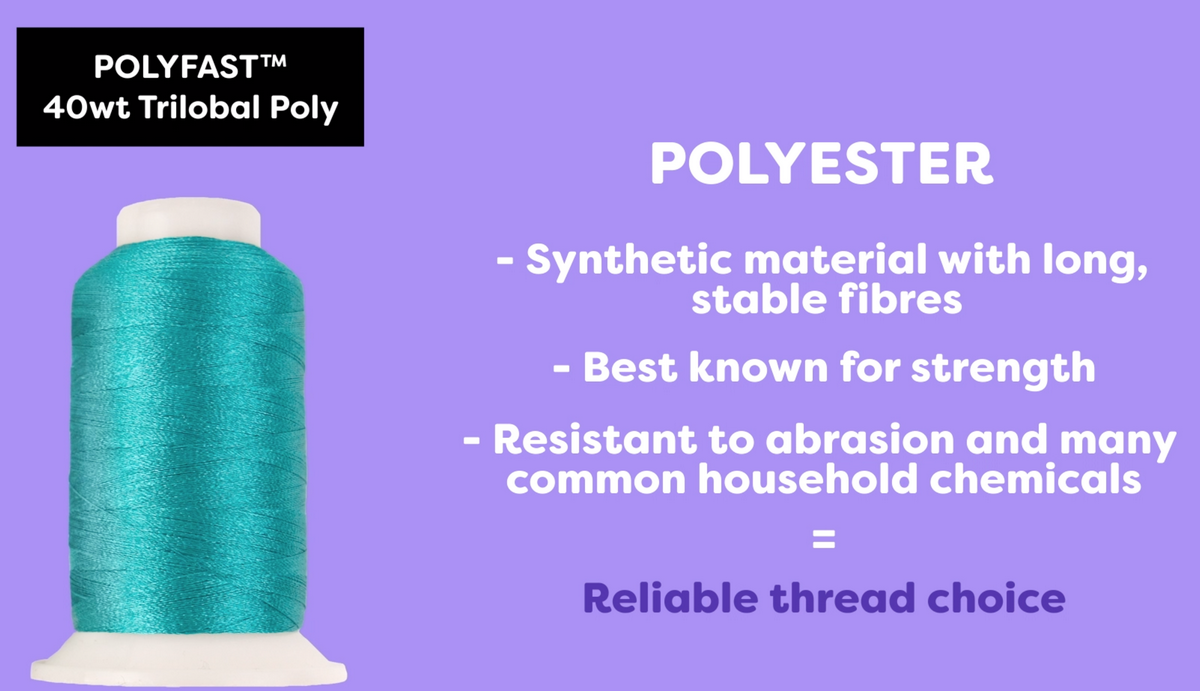
- Nylon: Lightweight and smooth, nylon is another common fabric used in swimwear. It offers a comfortable fit and is often blended with spandex for added stretch.
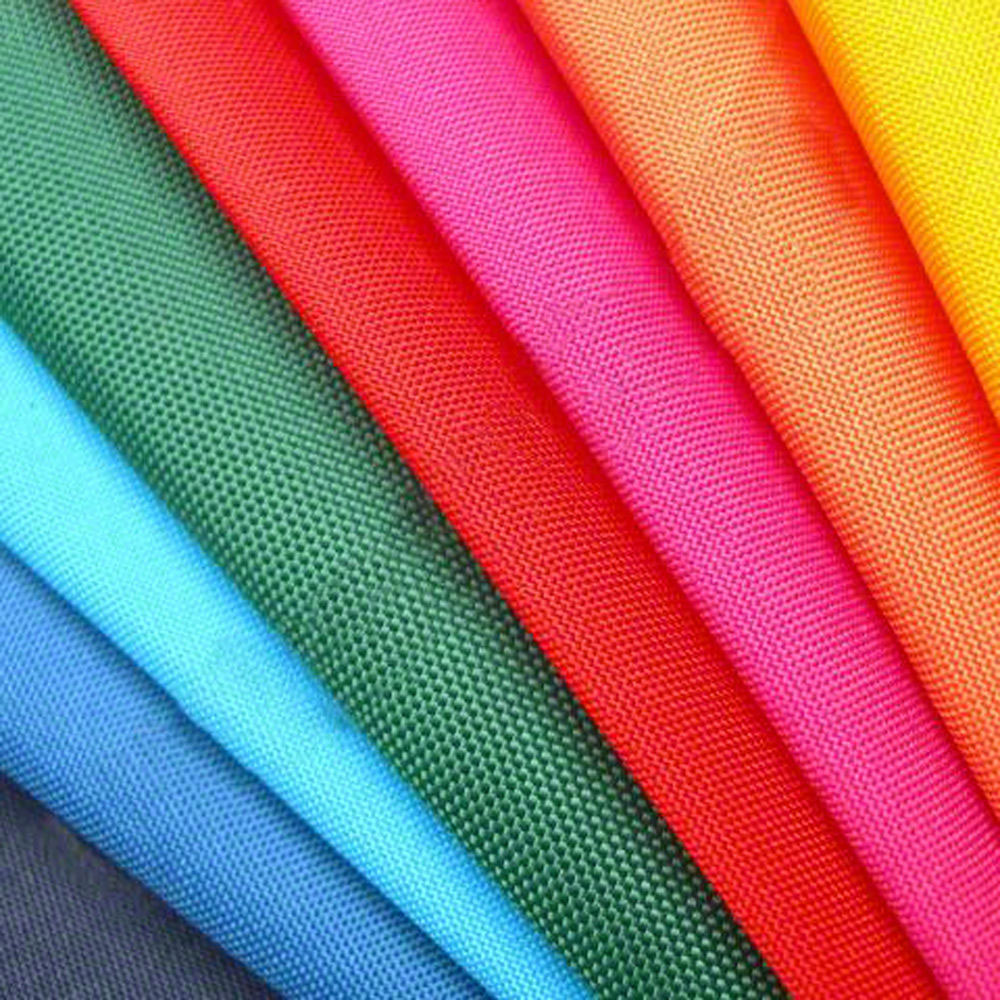
Each fabric has its pros and cons, and private label swimwear manufacturers can guide brands in selecting the best material based on their specific needs and target market.
Design Customization
Design customization is another vital aspect of private label swimwear manufacturing. Brands can choose from a variety of colors, patterns, and styles to create swimwear that aligns with their brand identity.
- Color Options: Private label swimwear manufacturers offer a wide range of color choices, allowing brands to select hues that resonate with their audience. Whether it's vibrant neon colors for a youthful brand or muted tones for a more sophisticated look, the options are virtually limitless.
- Pattern Selection: From floral prints to geometric designs, the choice of patterns can significantly impact the appeal of swimwear. Brands can work with manufacturers to create custom prints that reflect their unique style.
- Style Variations: Swimwear comes in various styles, including bikinis, one-pieces, and swim trunks. Private label swimwear manufacturers can accommodate different styles, ensuring that brands can offer a comprehensive range of products to their customers.
The process of design customization typically involves collaboration between the brand and the manufacturer. Brands can provide their design concepts, and manufacturers can assist in refining these ideas to ensure they are feasible for production.
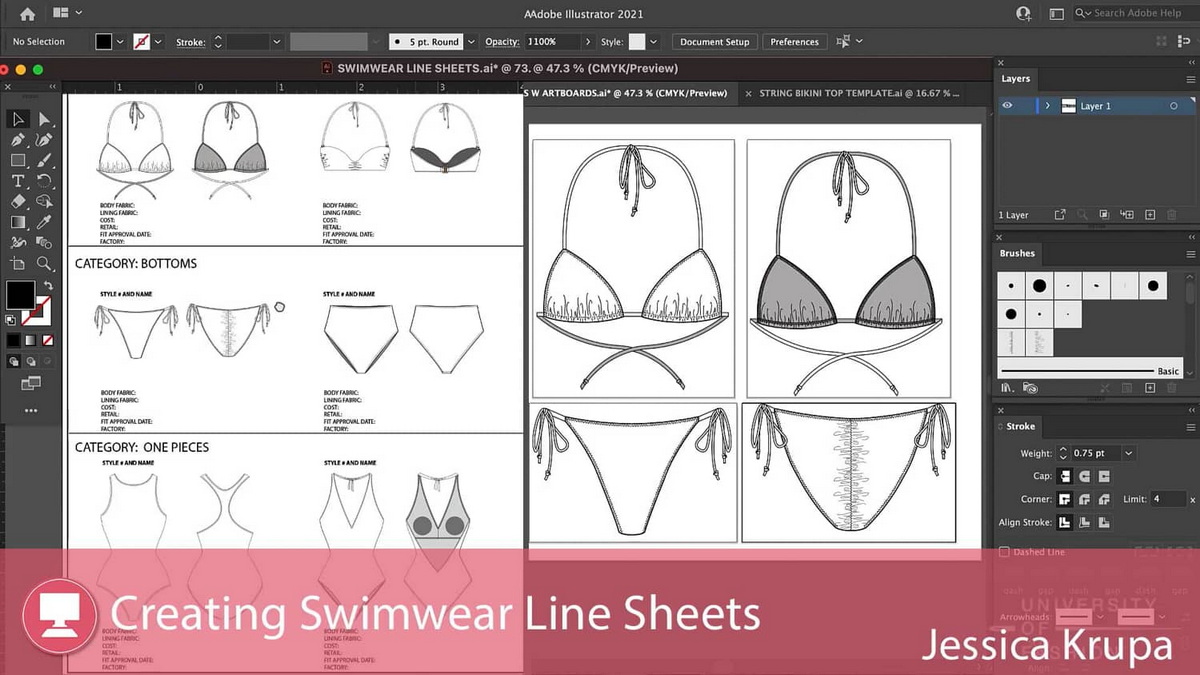
Sizing and Cutting
Sizing and cutting are crucial elements in the customization process. Private label swimwear manufacturers understand that customers come in all shapes and sizes, and offering a range of sizes is essential for inclusivity.
- Size Range: Manufacturers can provide swimwear in various sizes, from small to plus sizes, ensuring that all customers can find a suitable fit. This inclusivity is vital for brands looking to appeal to a broader audience.
- Cut Options: Different cuts can enhance the fit and comfort of swimwear. Brands can choose from high-waisted, low-rise, or mid-rise options, depending on their target demographic. Private label swimwear manufacturers can also offer custom cutting options to meet specific design requirements.
By providing a diverse range of sizes and cuts, private label swimwear manufacturers help brands cater to the unique needs of their customers, enhancing customer satisfaction and loyalty.
Branding and Labeling
Branding is a critical component of any product, and swimwear is no exception. Private label swimwear manufacturers offer various options for branding and labeling, allowing brands to establish a strong identity in the market.
- Custom Branding: Brands can create their unique logos and branding elements to be featured on the swimwear. This includes embroidered logos, printed designs, or even custom tags that showcase the brand's identity.
- Care Labels: Proper care labels are essential for informing customers about how to care for their swimwear. Private label swimwear manufacturers can produce custom care labels that include washing instructions, fabric content, and other relevant information.
- Hang Tags: Hang tags are an excellent way to provide additional information about the swimwear, such as its features, benefits, and brand story. Custom hang tags can enhance the overall presentation of the product and attract customers' attention.
By offering comprehensive branding and labeling options, private label swimwear manufacturers enable brands to create a cohesive and professional image that resonates with consumers.
Functional Customization
In addition to aesthetic customization, functional features are increasingly important in swimwear design. Private label swimwear manufacturers can incorporate various functional elements to enhance the performance of swimwear.
- Waterproofing: Some brands may want to offer swimwear that is waterproof or water-resistant, making it suitable for various water activities. Manufacturers can use specialized coatings or treatments to achieve this functionality.
- UV Protection: With growing awareness of sun safety, many consumers seek swimwear that offers UV protection. Private label swimwear manufacturers can provide fabrics that are treated to block harmful UV rays, ensuring that customers can enjoy the sun safely.
- Quick-Dry Technology: Swimwear that dries quickly is highly desirable, especially for those who transition from water activities to other activities. Manufacturers can incorporate quick-dry fabrics that enhance comfort and convenience.
By offering these functional customization options, private label swimwear manufacturers help brands meet the evolving needs of consumers, ensuring that their products are not only stylish but also practical.
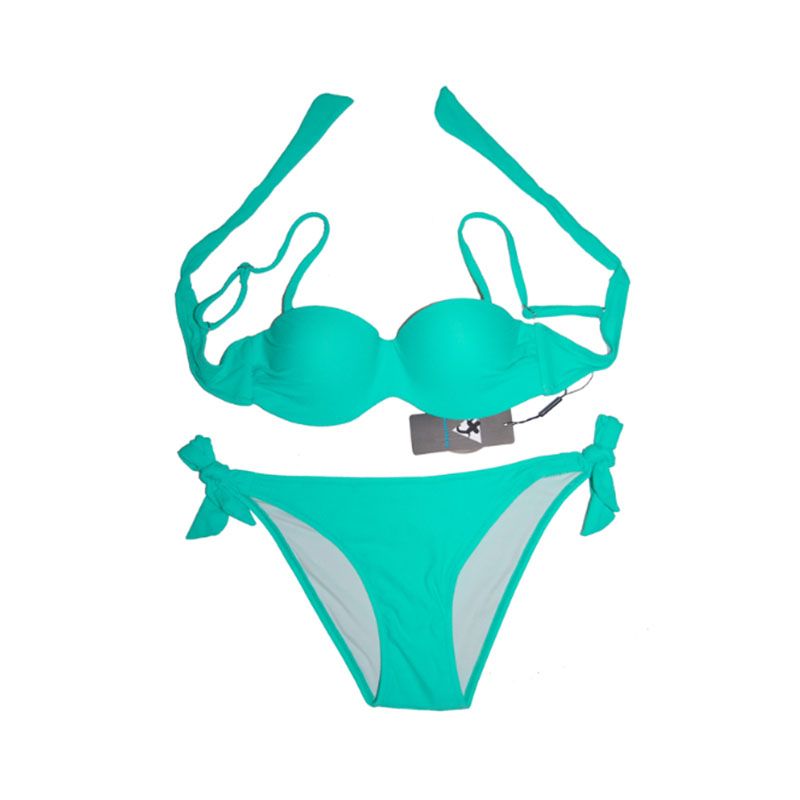
Production Process
The production process is a critical aspect of private label swimwear manufacturing. Understanding the steps involved can help brands navigate the journey from design to finished product.
- Design Approval: Once the design is finalized, brands must approve the samples provided by the manufacturer. This step ensures that the final product aligns with the brand's vision.
- Production Planning: After approval, manufacturers will plan the production schedule, including sourcing materials, cutting fabrics, and assembling the swimwear.
- Quality Control: Quality control is essential to ensure that the swimwear meets the brand's standards. Private label swimwear manufacturers implement rigorous quality checks throughout the production process to identify and rectify any issues.
- Packaging and Shipping: Once production is complete, the swimwear is packaged and prepared for shipping. Manufacturers can offer custom packaging options that align with the brand's identity.
By understanding the production process, brands can work effectively with private label swimwear manufacturers to ensure a smooth and successful launch of their swimwear lines.
Case Studies
Examining successful case studies can provide valuable insights into how private label swimwear manufacturers have helped brands thrive in the market.
- **Brand A: Alohas: Alohas is a swimwear brand that partnered with a private label swimwear manufacturer to create a line of eco-friendly swimwear. By using sustainable materials and innovative designs, the brand successfully captured the attention of environmentally conscious consumers. Their commitment to sustainability and ethical production practices resonated with their target audience, leading to significant growth in sales and brand loyalty.
- **Brand B: L*Space: L*Space, a popular swimwear brand, collaborated with a private label swimwear manufacturer to develop a unique line of swimwear for plus-size women. By offering a diverse range of sizes and stylish designs, the brand quickly gained popularity and established a loyal customer base. Their focus on inclusivity and body positivity helped them stand out in a crowded market.
- **Brand C: Zara: Zara, a well-known fast-fashion retailer, has utilized private label swimwear manufacturers to produce seasonal swimwear collections. By leveraging the manufacturers' capabilities for rapid production and trend responsiveness, Zara has been able to offer trendy swimwear at competitive prices. This strategy has allowed them to maintain their position as a leader in the fast-fashion industry.
- **Brand D: Aerie: Aerie, a lingerie and swimwear brand under American Eagle Outfitters, has successfully partnered with private label swimwear manufacturers to create a line of swimwear that promotes body positivity and inclusivity. Their swimwear features a wide range of sizes and styles, appealing to a diverse customer base. Aerie's commitment to authenticity and representation has resonated with consumers, leading to increased brand loyalty and sales.
These case studies illustrate the potential for success when brands leverage the expertise of private label swimwear manufacturers to create customized products that meet market demands.
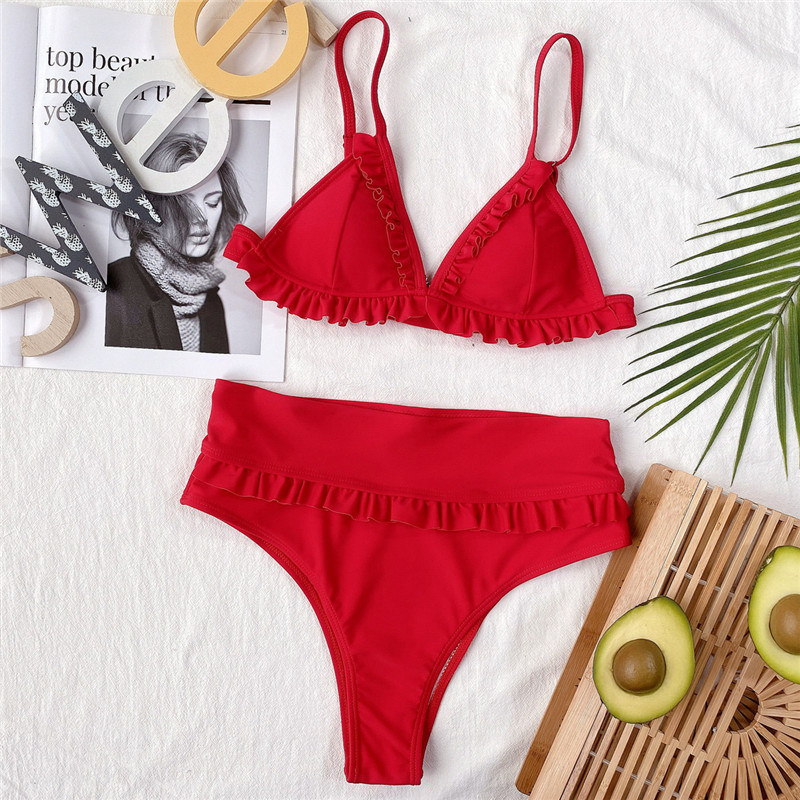
Conclusion
In conclusion, private label swimwear manufacturers offer a wealth of customization options that empower brands to create unique and appealing swimwear products. From fabric selection and design customization to functional features and branding, the possibilities are vast. By understanding and utilizing these options, brands can differentiate themselves in a competitive market, enhance customer satisfaction, and ultimately drive sales. As the swimwear industry continues to evolve, the role of private label swimwear manufacturers will remain crucial in helping brands navigate this dynamic landscape.
Frequently Asked Questions
1. What are private label swimwear manufacturers?
Private label swimwear manufacturers are companies that produce swimwear for brands under the brand's label. They offer customization options, allowing brands to create unique products tailored to their target audience.
2. What customization options are available with private label swimwear manufacturers?
Customization options include fabric selection, design customization (colors, patterns, styles), sizing and cutting, branding and labeling, and functional features like waterproofing and UV protection.
3. How can I choose the right fabric for my swimwear line?
Consider the intended use of the swimwear, target audience, and desired performance features. Private label swimwear manufacturers can provide guidance on the best fabric options based on these factors.
4. What is the typical production process for private label swimwear?
The production process typically involves design approval, production planning, quality control, and packaging and shipping. Each step is crucial to ensure the final product meets the brand's standards.
5. Can private label swimwear manufacturers help with eco-friendly options?
Yes, many private label swimwear manufacturers offer sustainable materials and eco-friendly production practices, allowing brands to create environmentally conscious swimwear lines.























